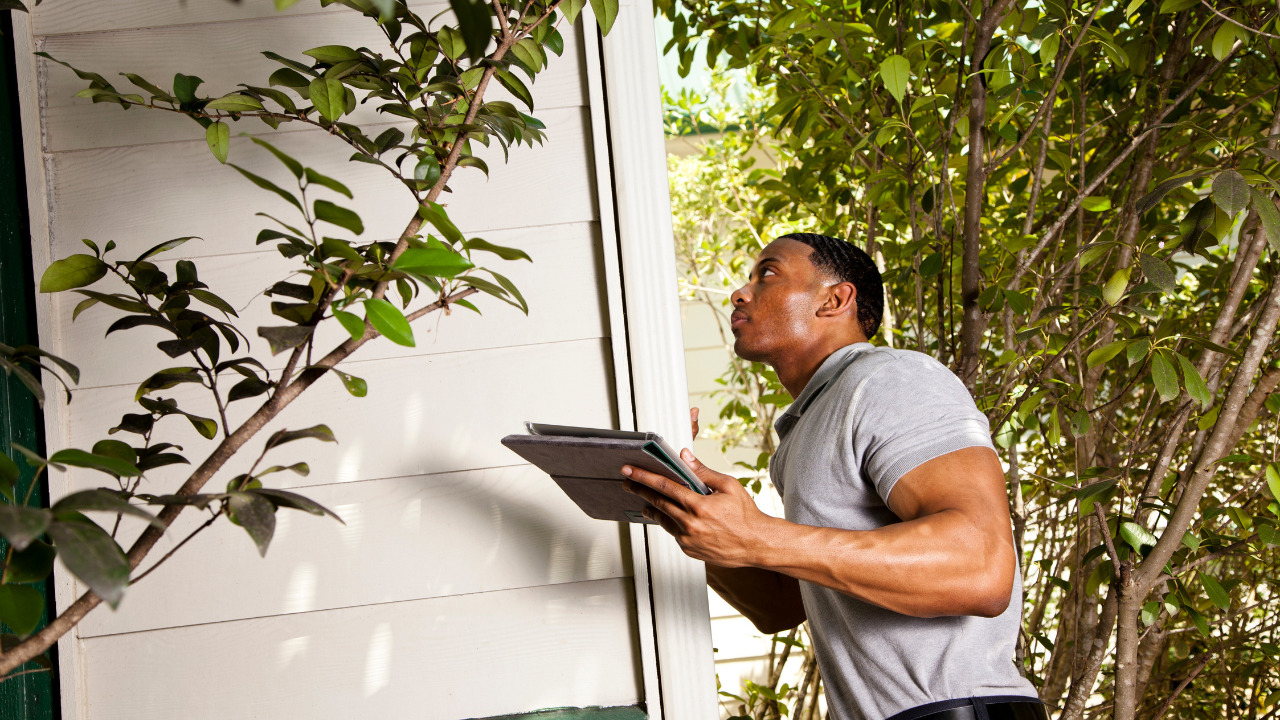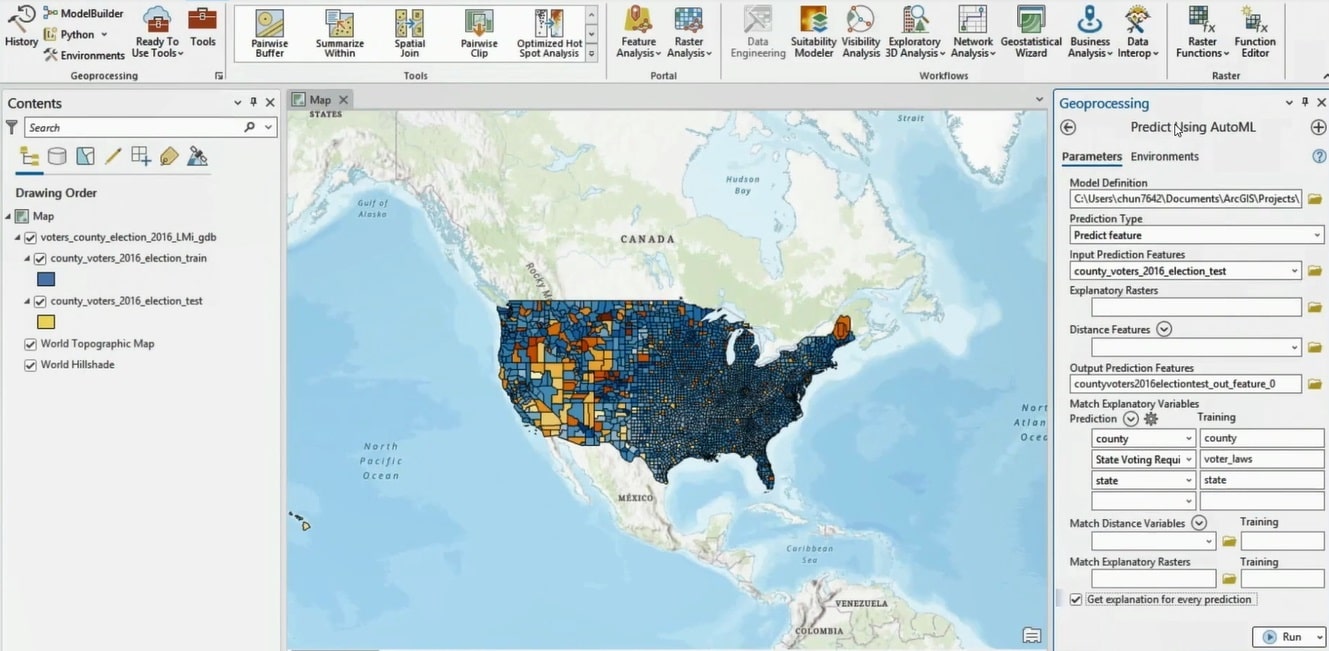Purchasing a house in the UK is an exciting venture, but it also requires careful planning and research to ensure you make the right decision. One of the most important parts of this process is getting a survey done on the property before you commit to buying it.
A Survey Reports can help uncover any issues with the building or its structure that may not be visible during a viewing, allowing prospective buyers to know exactly what they are getting into before they buy.
Additionally, having a professional assess the condition of the property can provide assurance for both buyer and seller, ensuring that all parties are aware of any existing problems ahead of time.
Ultimately, when looking for a house in the UK it pays to get clued-up about surveying – understanding why surveys play an integral part in making sure your purchase is safe and secure.
Table of Contents
Types of Surveys
The UK offers a range of different types of surveys, each designed to serve a particular purpose. One of the most common is the home buyer survey, which provides an in-depth assessment and evaluation of the condition and structure of a property. It covers possible structural defects as well as any legal issues associated with ownership or planning permission; making it essential for potential buyers who are looking to make sure that their purchase is safe and secure.
Additionally, there is also an RICS (Royal Institution Of Chartered Surveyors) Condition Report available for those needing a more limited report on specific aspects such as dampness or drainage.
Another type of survey offered in the UK is called Building Surveys; this requires more detailed information than other reports due to its wide scope and can be tailored specifically to individual properties depending on their age and condition.
A building survey gives buyers greater insight into problems they may face if they were to buy the house – from signs of subsidence needing immediate attention for subsidence repairs or dry rot to safety hazards such as inadequate fire protection systems..
Finally, there are Valuation Surveys which provide estimates on how much a property might be worth based on factors like location, size, condition etc., providing helpful guidance when negotiating prices with sellers.
While these surveys do not cover many technical details about structure or construction quality that other types do, they can still provide useful information when assessing whether you’re getting good value for money from your prospective purchase.
Ultimately, understanding what type(s) of survey best suit your needs will help ensure you have all the necessary information before committing to buying a house in the UK – giving you peace-of-mind that your purchase has been made securely and safely according to industry standards
Costs Associated with Surveys
When considering the cost of a survey, one must understand that it is not only the price of the actual report that needs to be taken into consideration.
Additional costs such as travelling and staff time can quickly add up – making it important to factor in all associated expenses when planning ahead for your purchase.
The exact cost of a survey will depend on several factors, such as its type (Home Buyer Survey, Building Survey etc.), size of the property being surveyed and any additional services required (for example, if asbestos testing needs to be done). Generally speaking however, Home Buyer Surveys start from around £250 while Building Surveys tend to range between £500-£1000 depending on its complexity.
Additionally, there may also be an extra charge for any additional tests or inspections needed beyond what’s included in your chosen survey package – these may include things like chimney surveys or borehole tests; both of which can incur significant fees depending on their scope and complexity.
Finally, surveying companies often charge travel costs based on where they need to go in order to carry out their assessment – this might mean extra mileage charges for more rural properties or costs associated with accessing restricted areas within buildings like loft spaces etc.
Try to shop around different providers beforehand, so you know exactly how much your final bill could come up too before committing yourself financially.
In conclusion, while surveys are essential tools when looking at purchasing a house in the UK – understanding all associated costs involved means buyers can plan ahead accordingly, so they don’t end up getting caught out by surprise bills down the line!
Who Undertakes the Surveys
In the UK, home surveys are undertaken by professionals with a range of qualifications. These professionals include Chartered Surveyors who hold professional qualifications accredited by the Royal Institution of Chartered Surveyors (RICS).
This ensures that they have been trained to identify and report on any potential issues in properties, as well as offer guidance on their current condition and value. Additionally, surveyors may also have specialist qualifications such as those from The Faculty of Party Wall Surveyors or Association Of Building Engineers; both offering courses specific to surveying for party walls or structural engineering respectively.
Alongside these qualified professionals however there are some restrictions in place regarding who can undertake surveys in the UK. Legally speaking, only RICS-accredited surveyors can certify home buyer surveys – meaning anyone else undertaking this type of survey is not covered under law if something goes wrong down the line.
Furthermore, it’s important to note that while individuals without formal qualifications may be able to provide advice on certain aspects of property condition (such as dampness) they cannot give official reports or warranties which would guarantee a buyer’s rights should problems arise later on.
When looking at getting a survey done, make sure you use a qualified professional chartered surveyor, so you know your purchase is secure and backed up legally should any issues occur after completion of sale.
Doing research beforehand into who holds what accreditation will help ensure all parties involved are happy with the results once everything has been signed off – ultimately giving buyers peace-of-mind that their investment is safe and protected according to industry standards!
Questions a Surveyor Might Ask
When preparing for a survey, it is important to consider all the questions that a surveyor might ask. Generally speaking, surveyors will want to know about the property’s history, condition and any alterations made over time.
Questions may range from when the building was constructed and who owned it previously – through to details on how any renovations or extensions have been carried out as well as general maintenance records such as when gutters were last cleaned etc.
Surveyors may also check if there are signs of dampness or mould within walls/ceilings which could indicate structural issues; along with asking whether there has ever been an issue with pests like rats or bugs in the past.
Additionally they may look at areas where asbestos could be present (such as older boilers) and ask about any major works that have recently taken place (e. g re-wiring).
It’s also worth noting that some surveys require access to certain areas of a property – such as lofts and basements so make sure these spaces are cleared ahead of time making them easier for inspection – helping speed up the process overall!
Ultimately though by being prepared before your appointment you can help ensure everything runs smoothly – allowing your assessment to be completed quickly without unnecessary delays caused by missing information or lack of access points for example.
Conclusion
When buying a house in the UK, surveys are an important step that should not be overlooked. Knowing what to expect and how to ensure the process is smooth and efficient can help save buyers time, money and stress down the line by ensuring any issues with a property have been identified early on.
Firstly it’s important to understand which type of survey is best suited to your needs – whether this be a home buyer survey or full Building Survey – as well as researching providers available, so you know exactly what you’ll be paying for before committing financially.
It also pays off well to make sure only qualified professionals undertake surveys on your behalf; such as CJ Bloor Property Consultants and others accredited by The Royal Institution Of Chartered Surveyors (RICS) to ensure they are legally allowed to certify certain types of report depending on their qualifications.
Preparing ahead for a survey appointment means making sure all questions can be answered easily; from details surrounding building history through to access points like lofts/basements etc. being cleared beforehand, so there aren’t any delays along the way when assessing its condition.
Ultimately though having a survey done prior completion of sale is essential if looking at getting value-for-money when buying property in the UK – helping protect both parties involved against potential risks associated with structural defects or false information given throughout negotiations which could lead to costly legal battles later down the line!





